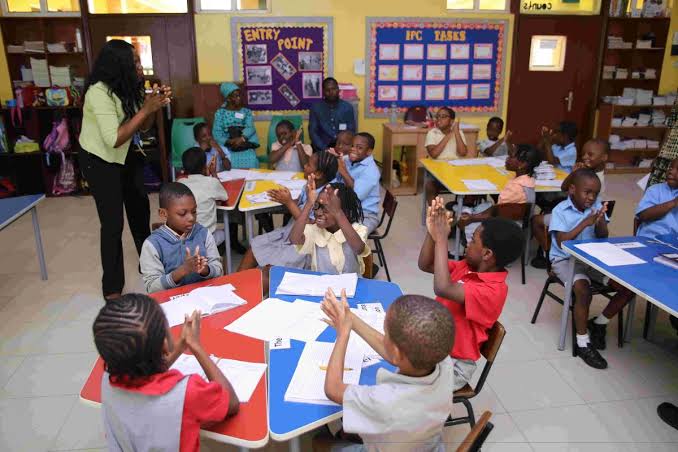Explore the significance, challenges, initiatives, and recommendations for enhancing Special Needs Education in Nigeria. Understand how tailored support and inclusivity empower individuals with diverse learning needs, promoting equitable access to quality education and societal integration.
Special Needs Education in Nigeria
Special Needs Education (SNE) is crucial for fostering inclusivity and providing tailored support to individuals with diverse learning needs across Nigeria. This article explores its significance, challenges, current initiatives, and recommendations for enhancing support systems nationwide.
Introduction to Special Needs Education
Special Needs Education encompasses programs and services designed to accommodate students with physical, cognitive, emotional, and behavioral challenges. In Nigeria, SNE aims to ensure equitable access to quality education and opportunities for personal development.
Significance of Special Needs Education in Nigeria
Special Needs Education is vital for:
Promoting Inclusivity: Integrating students with disabilities into mainstream educational settings fosters a more inclusive society.
Personalized Learning: Tailored educational experiences enhance outcomes and build confidence among students with diverse needs.
Human Rights Perspective: Access to education is a fundamental right, empowering individuals with disabilities to lead fulfilling lives.
Social and Economic Impact: Education equips individuals with skills to contribute to society and enhances economic productivity.
Challenges in Special Needs Education in Nigeria
Despite its importance, SNE faces challenges such as:
Infrastructure and Resource Deficiencies: Many schools lack accessible facilities, specialized equipment, and trained personnel.
Shortage of Trained Personnel: There is a significant lack of qualified special education teachers and support staff.
Attitudinal Barriers: Negative perceptions and stigma hinder acceptance and inclusion within communities.
Financial Constraints: Limited funding constrains the implementation of inclusive policies and support services.
Initiatives and Efforts in Special Needs Education
Efforts to improve SNE include:
Policy Development: National policies promote inclusive education and support services.
Capacity Building: Training programs equip educators with skills in inclusive practices and technology.
Community Engagement: Awareness campaigns promote acceptance and reduce stigma.
Partnerships: Collaborations mobilize resources and support knowledge exchange in SNE.
Recommendations for Enhancing Special Needs Education
To improve SNE in Nigeria, consider:
Investment in Infrastructure: Allocate resources for accessible facilities and specialized equipment.
Teacher Training: Expand programs to attract and retain qualified educators.
Policy Implementation: Ensure effective enforcement of inclusive education policies.
Awareness Campaigns: Promote acceptance and support for individuals with disabilities.
Conclusion
Special Needs Education is essential for promoting inclusivity and empowering individuals with disabilities in Nigeria. By addressing infrastructure gaps, enhancing teacher capacity, raising awareness, and strengthening policy frameworks, Nigeria can improve educational outcomes and quality of life for students with diverse needs. Embracing inclusive education as a national priority fosters social cohesion, economic development, and sustainable progress for all citizens.
